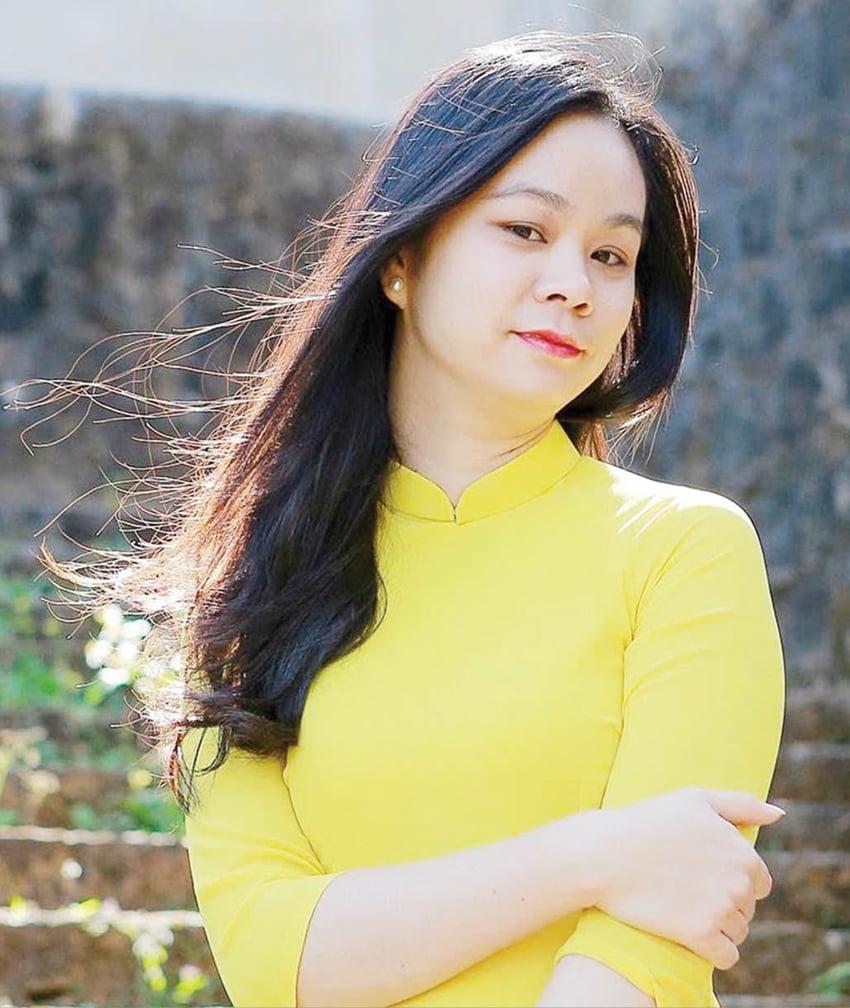 |
| Writer Le Vi Thuy. Photo: NVCC |
The female author from Gia Lai shared that when she read the contest rules, she immediately thought of writing a story about Hue. “I didn’t know how my character would appear most appropriately. I read some documents about historical figures who were Nguyen Dynasty kings in Hue and wrote a few different stories, but the characters weren’t suitable. I stopped until the story was almost formed in my head, then I started writing,” writer Le Vi Thuy confided to Hue Today Newspaper after receiving the award at the end of March 2025.
In “Da Quynh”, readers will feel “the dense Hue essence with mixed facts and fiction”. To have such a dense source of information as well as understanding of Hue, you must have researched quite thoroughly?
Hue City is a unique cultural center of the country, a land with a long history with many cultural heritages, historical relics, imbued with the national cultural identity in general and the cultural identity of Hue in particular. Therefore, when writing about Hue, I want to delve into the soul of Hue people, delve into the land of Hue, as well as the cultural values that make up Hue.
I have read many documents about Hue, documents about craft villages, artisans, life in Hue before and after the renovation period... I want to write a story about Hue through materials associated with the land and people of Hue. And I chose embroidery, a craft closely associated with the character of Hue people, through many dynasties of the Nguyen Dynasty, as well as a metaphor for the vitality and development of embroidery from the past to the present.
The familiar street corners of Hue, the royal art motifs, the techniques of embroidery and sewing… are described very skillfully through your pen. Perhaps you had to spend a lot of time researching and had an endless source of inspiration when pursuing the topic of short stories related to Hue culture?
My major is art education. During my studies, I learned a lot about ancient capitals, ethnic motifs through old village communal houses, as well as royal art motifs through different periods, so I also have a little knowledge about art motifs.
In addition, my mother is a tailor, she can sew many different types of clothes, but the ao dai is her main garment. Because of the tradition of sewing in the family, I also understand how to sew traditional ao dai and for a while I learned to embroider at home so I also know a little about embroidery techniques. Perhaps because of those natural factors, when I put in pictures, my story is more convincing to the reader.
Is that the journey you are pursuing and using literature as a “metaphor”?
To “metaphorize” or intentionally “metaphorize” something in literature is not difficult but not easy either. If the metaphor is not done skillfully, it will become arranged and forced. So I choose a natural writing style, letting my characters tell their own stories, and through the characters, readers will understand more about the story as well as the message through each story.
Reading “Da Quynh”, somewhere one feels the fate of a woman with a bit of talent but ill-fated, drifting with the times. What do you think about your character in that direction?
Actually, I don’t think that way. I just want to write about an immortal love story, making readers feel the sacredness of love, something that is rare in life nowadays, because of living in haste, loving in haste, breaking up in haste. Through this love story, I also want to talk about the virtues of Hue girls: gentleness, kindness, soft-spokenness, hard-working, and loyal. And in work, always put your heart first to do anything, no matter what.
 |
Writer Le Vi Thuy received First Prize in the "Huong River Short Story Contest 2024" with the work "Da Quynh" |
Have you written much about Hue and what was the inspiration for you to pursue the topic of Hue - a land that is quite strange to a girl born and raised in the Central Highlands?
I have written a number of poems, essays and short stories about Hue. But the short story “Da Quynh” is the one I wrote most deeply about Hue. I was born and raised in the Central Highlands, but my grandmother is from Hue. My grandmother’s family is a traditional Hue family. Therefore, every time I return to Hue for Tet, I understand more about the customs and practices of my homeland. Although in the Central Highlands, Hue is still something very familiar and close to me.
It is known that before coming to short stories, you were also famous in the literary world for your poetry. More specifically, you are currently an art teacher. It can be said that you have a vocation for art. For you personally, which field do you think you are suitable for?
I also found myself destined for art, because the first major I studied was economics. Then I switched to drawing, at that time I had no idea I could write. When blogs first appeared, I also had my own account, read my friends' posts on those sites, then I started practicing writing poetry, with the encouragement of my friends, uncles, aunts, brothers and sisters, I started writing poetry.
I remember my first poem published in the Young Literature Newspaper in 2008 was sent to the newspaper by a friend of mine. Later, writer Van Cong Hung, when he was the Editor-in-Chief of the Gia Lai Literature Magazine, published my poems in the provincial literature magazine. This was probably the fate and motivation that helped me continue on my literary path.
Right now, I'm still teaching drawing and still writing, and both of these jobs complement each other, so to me both are important and necessary.
Have you ever felt emotionally drained, your interest and passion on the creative path stagnated?
Yes. I temporarily put aside my joy of literature for a while from around 2015 - 2019 to take care of my family. At this time, I had a small child and many other busy jobs.
Also, there are times when I can’t write, I feel like I’m emotionally drained, I write and delete, this has happened many times. Especially after I stop writing for a while, when I start writing again it’s really difficult.
At those times, how did you "turn around"?
When I can’t write, I choose to read books. I think reading is also a way for me to nurture my emotions and absorb more knowledge.
What books do you usually read?
I read many genres of books from Vietnamese literature to foreign literature, classic literature as well as modern literature, research books, history books... Each genre of book gives me knowledge, experience and enriches my literary knowledge.
As a pioneer, what advice do you have for young people who want to follow in that footsteps?
I think when you start writing, you have chosen a bumpy road to walk. So when you want to walk on the long road of literature, you need to have a love (passion) for literature, a literary background (this you can learn by yourself, read a lot and you will have it) and the courage of a writer.
On this literary path, it is easy to get lost because of the glitz and glamour that comes from the outside, not to mention the many challenges that you need to overcome on the writing path. If you do not have the courage, it is easy to get discouraged and give up. I hope that young people who love literature will persevere on the path they have chosen.
Thanks for the interesting conversation!
Source: https://huengaynay.vn/van-hoa-nghe-thuat/muon-gia-tri-van-hoa-hue-lam-chat-lieu-cho-truyen-ngan-152232.html


![[Photo] Closing of the 11th Conference of the 13th Central Committee of the Communist Party of Vietnam](https://vstatic.vietnam.vn/vietnam/resource/IMAGE/2025/4/12/114b57fe6e9b4814a5ddfacf6dfe5b7f)

![[Photo] Overcoming all difficulties, speeding up construction progress of Hoa Binh Hydropower Plant Expansion Project](https://vstatic.vietnam.vn/vietnam/resource/IMAGE/2025/4/12/bff04b551e98484c84d74c8faa3526e0)



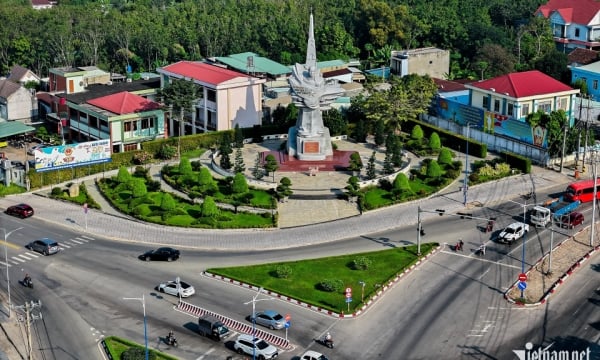

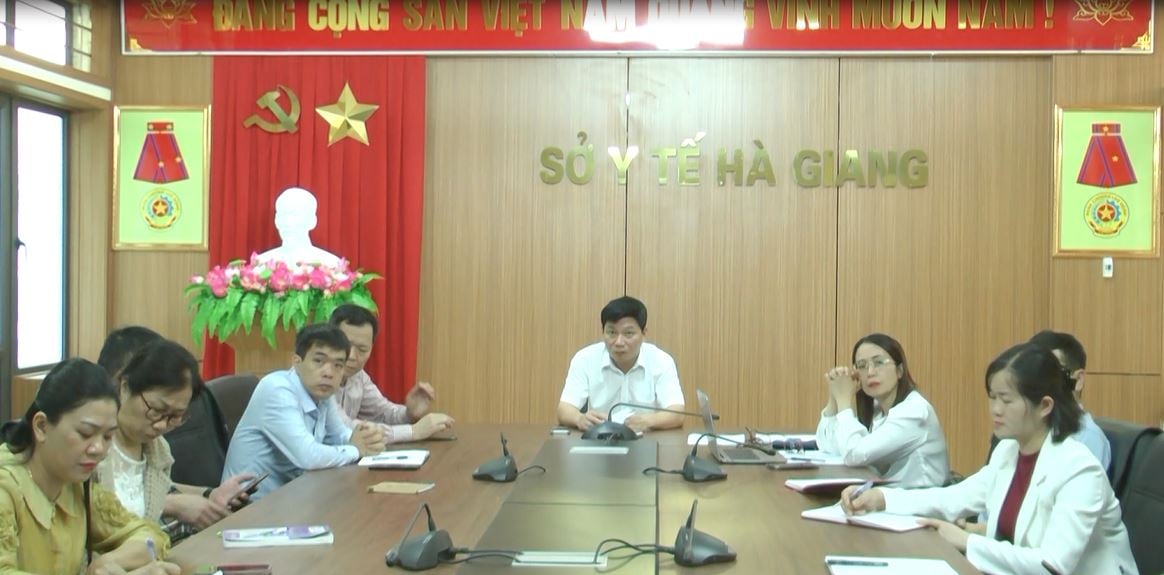
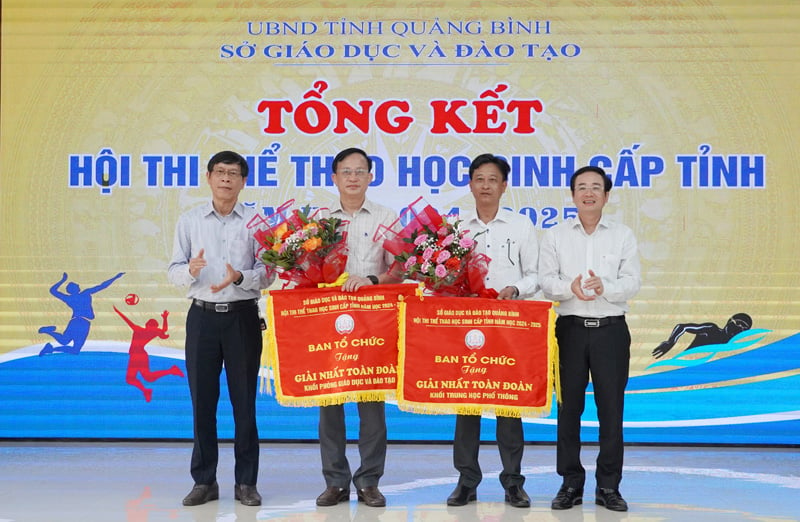
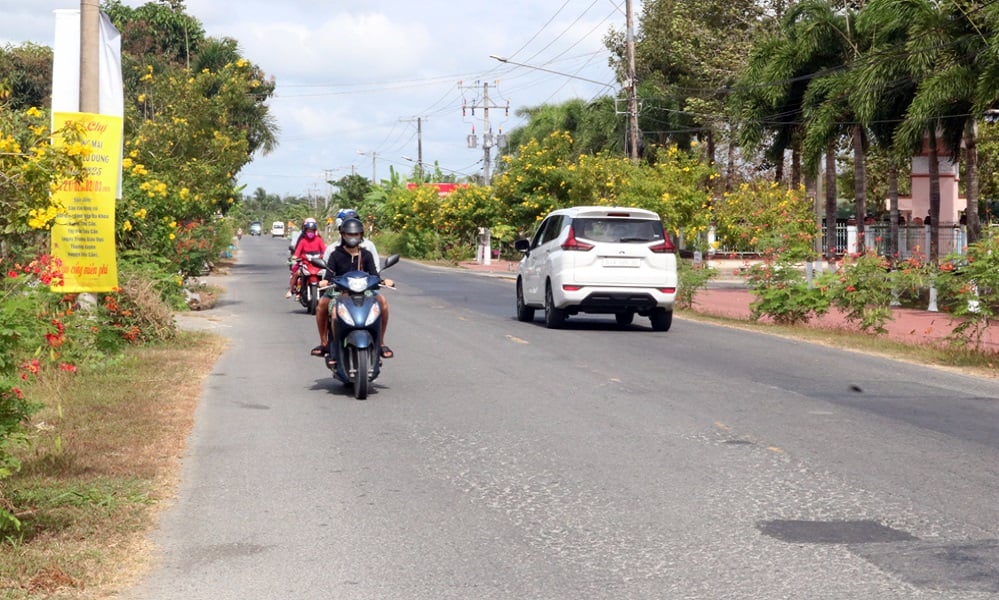
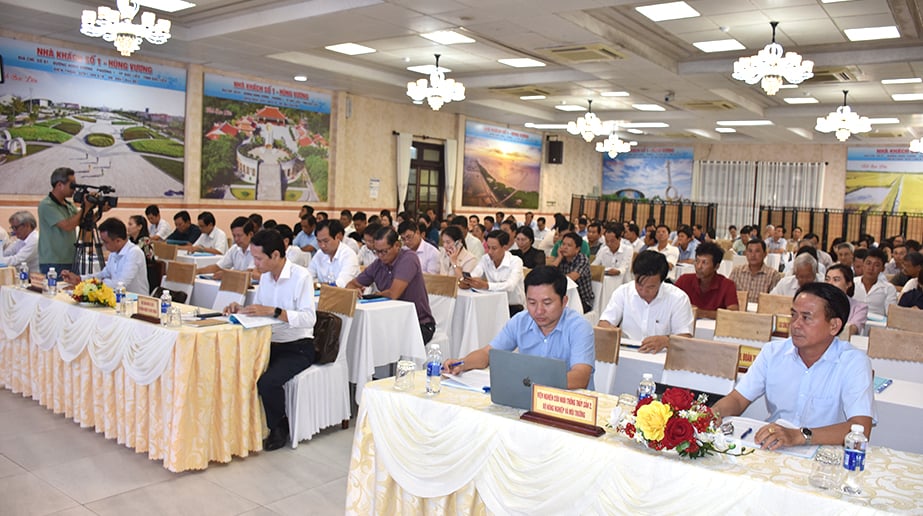



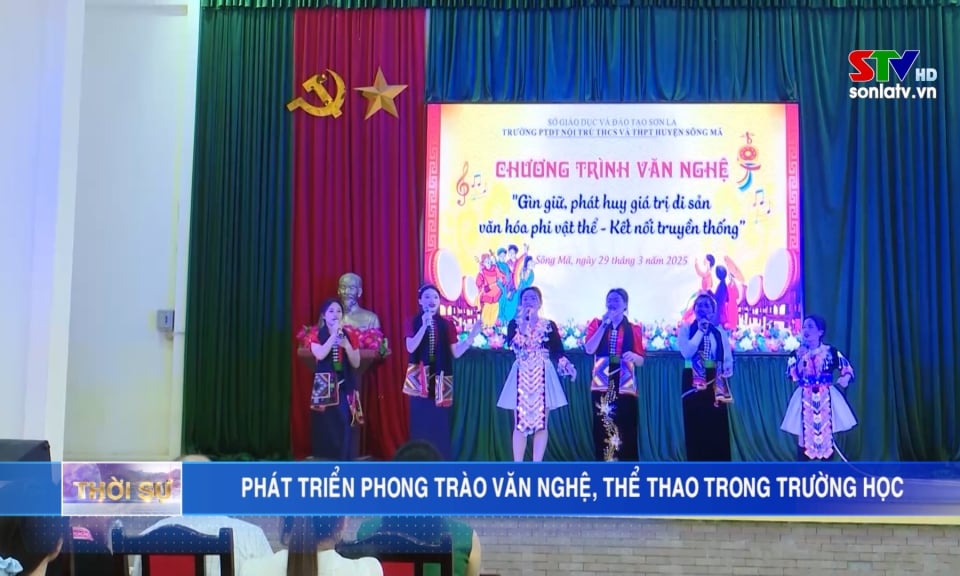
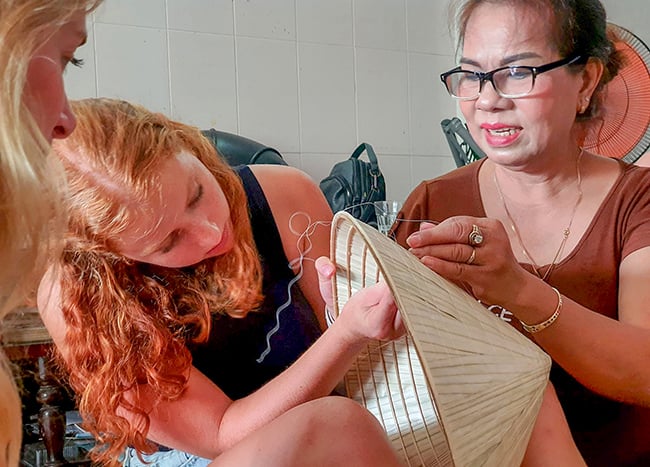
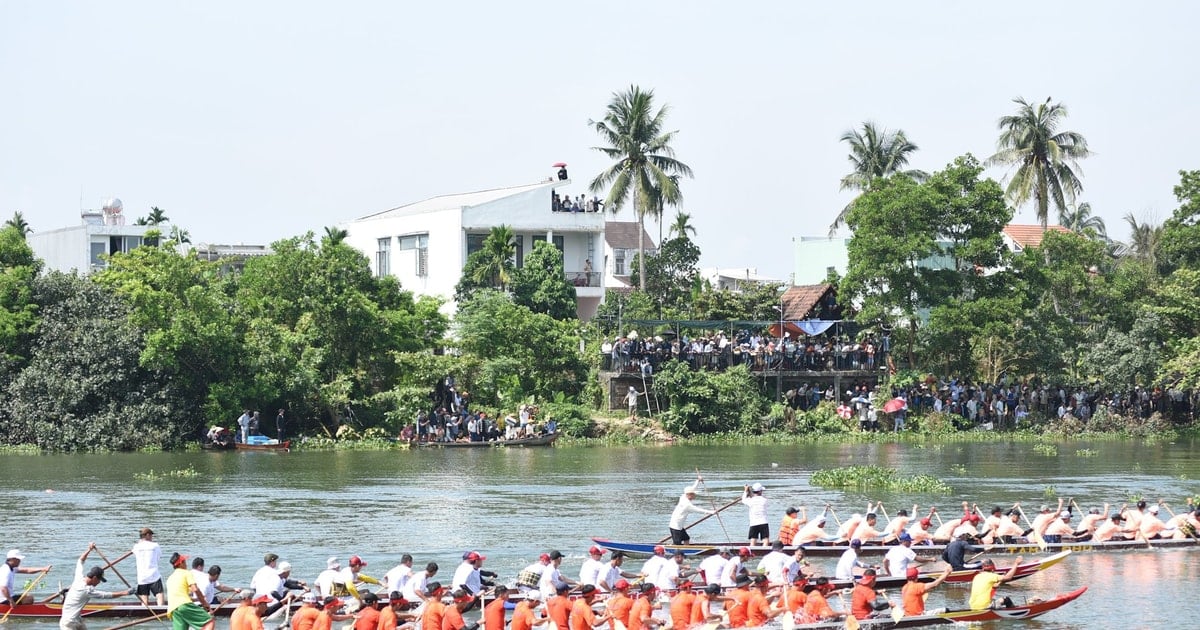
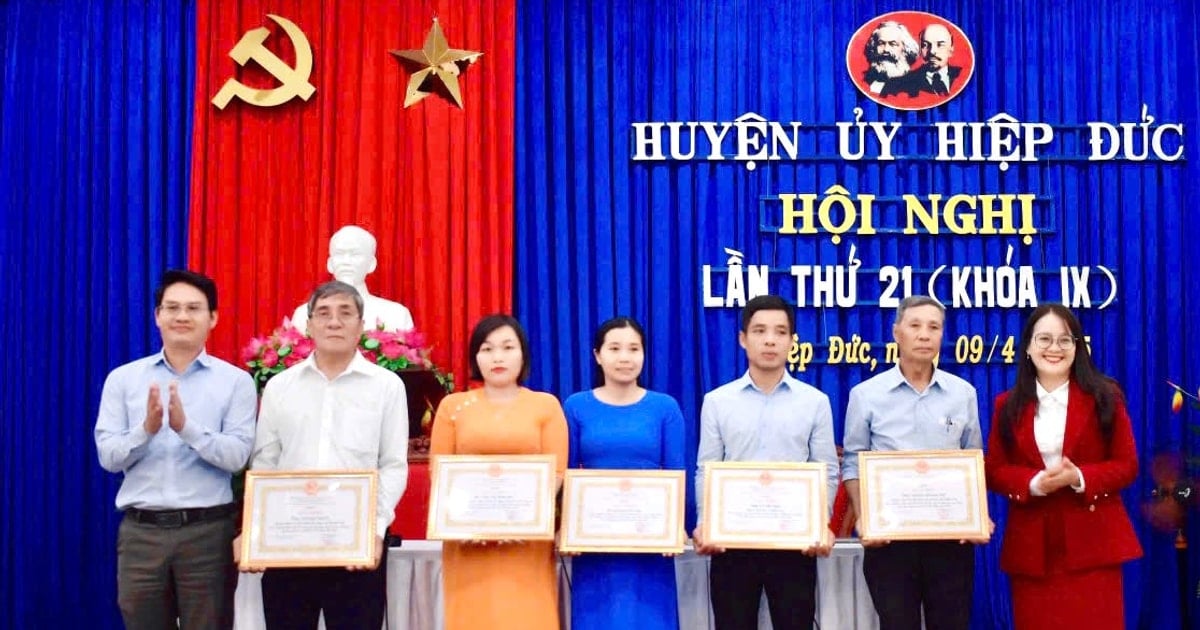
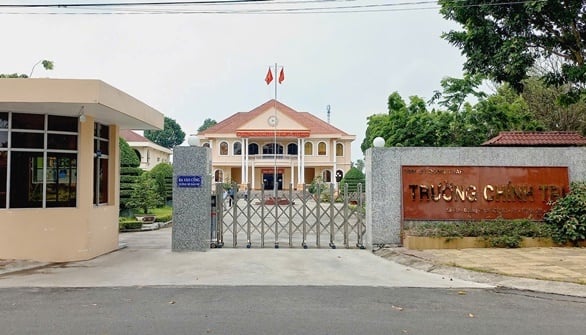














































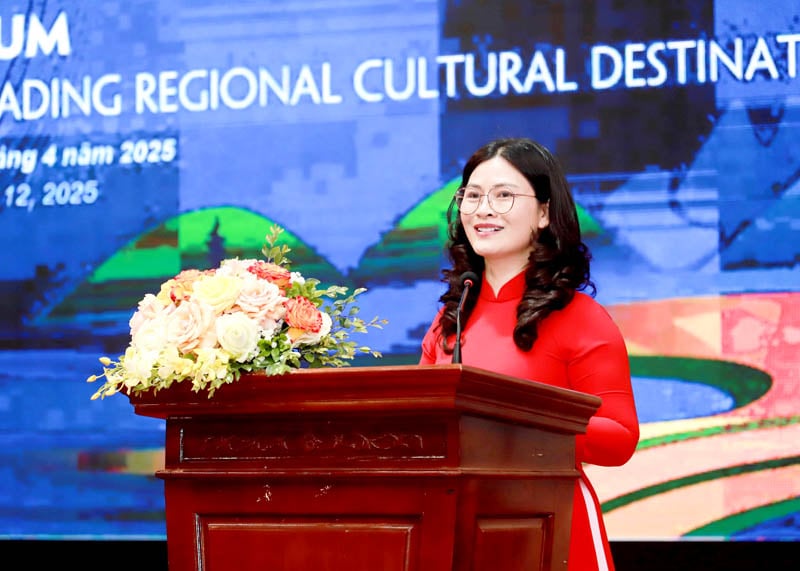

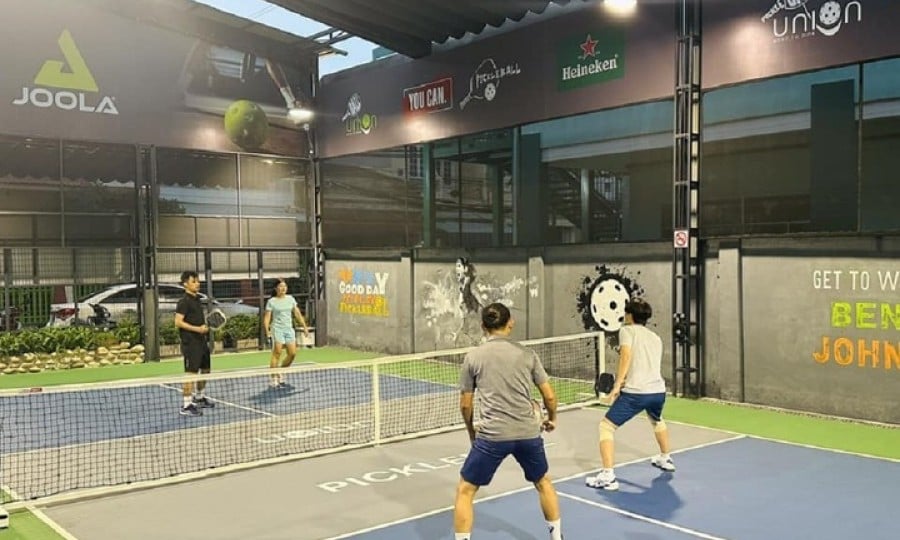

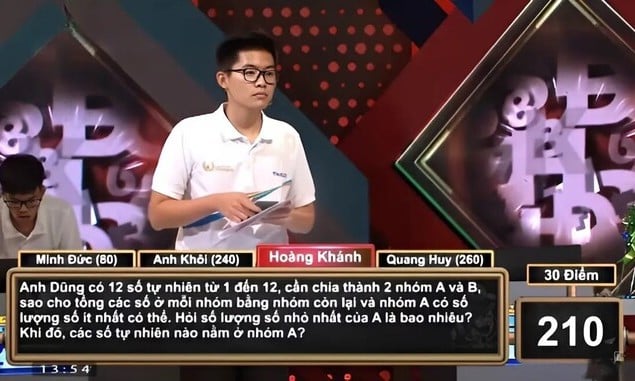
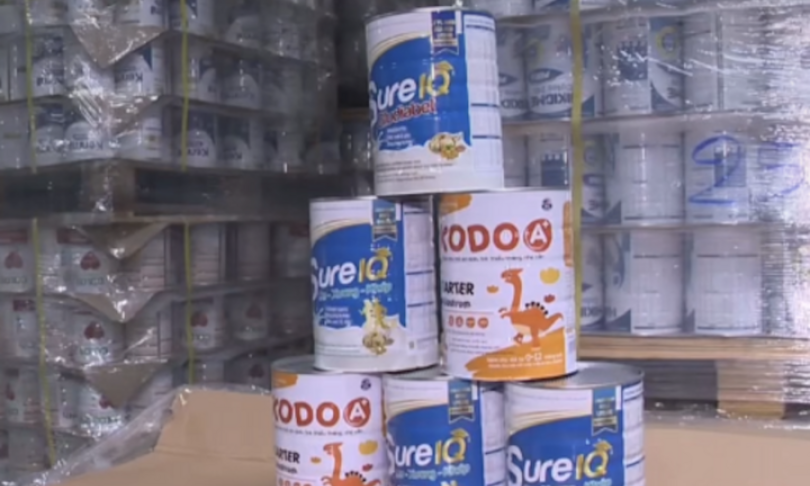
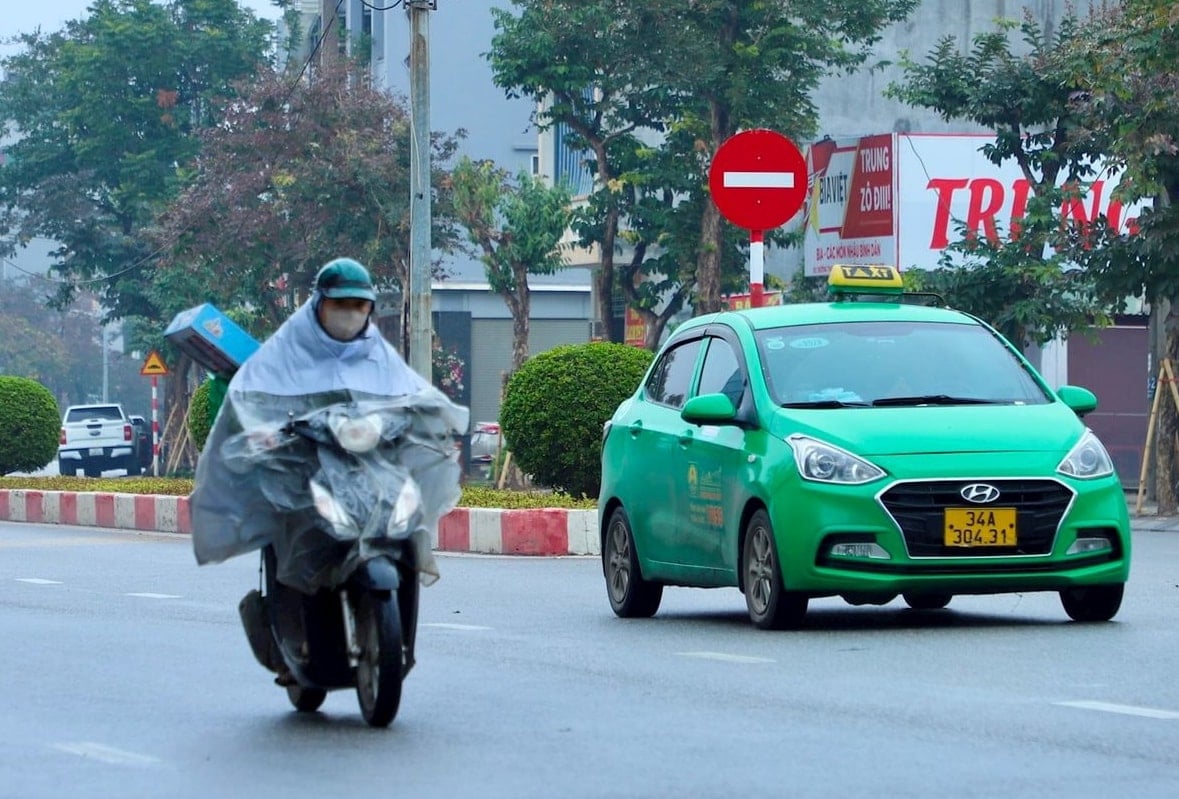












Comment (0)